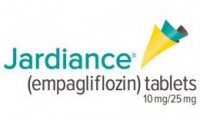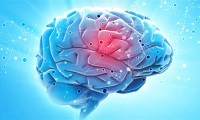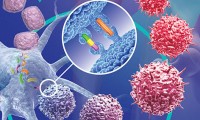-
Clinical trial shows treatment is ‘transformative’ for babies with spinal muscular atrophy
- Source: sciencedaily
- 705
- November 17, 2017
-
Celgene Corporation and bluebird bio Announce bb2121 Anti-BCMA CAR-T Cell Therapy Has Been Granted Breakthrough Therapy Designation
- Source: ansa.it
- 796
- November 17, 2017
-
Sangamo Announces Treatment of First Patient in Landmark Phase 1/2 Clinical Trial Evaluating In Vivo Genome Editing for MPS II
- Source: finance.yahoo
- 583
- November 17, 2017
-
Using social media big data to combat prescription drug crisis
- Source: drugdu
- 778
- November 17, 2017
-
How common are flu shot side effects?
- Source: foxnews
- 954
- November 17, 2017
-
Medical first-Doctors attempt to gene-edit a living patient’s DNA
- Source: flipboard
- 710
- November 16, 2017
-
New dye gives scientists a clearer insight into the brain
- Source: sciencedaily
- 728
- November 16, 2017
-
Loxo Oncology Lands $1.55B Cancer Tie-Up With Bayer
- Source: Biospace
- 1,303
- November 16, 2017
-
Cholesterol Crystals Are Sure Sign A Heart Attack May Loom
- Source: scienmag
- 863
- November 15, 2017
your submission has already been received.
OK
Subscribe
Please enter a valid Email address!
Submit
The most relevant industry news & insight will be sent to you every two weeks.













